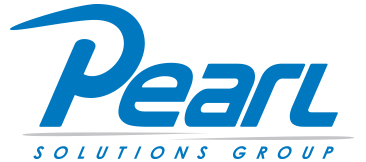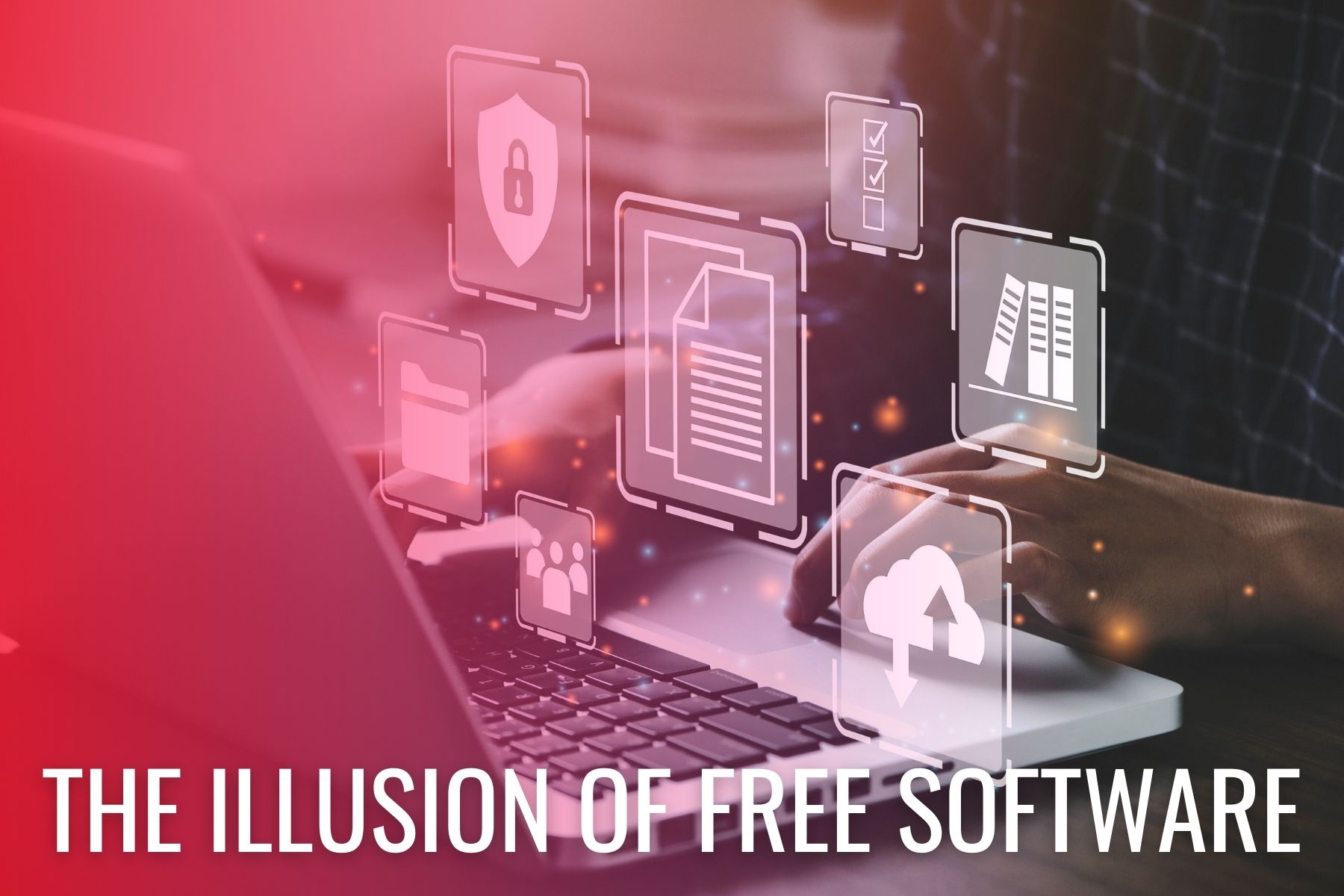Leaders of small to mid-sized businesses with more limited budgets than their enterprise counterparts may be tempted to take advantage of free software. Free antivirus, free VPNs, free productivity tools—it all sounds great, right? Unfortunately, these free solutions can come with hidden risks that can jeopardize your business’s cybersecurity and overall productivity. Let’s talk about the illusion of free software.
When it comes to software, “free” often means “you are the product.” Many free software providers monetize by collecting and selling your data, displaying ads, or offering limited features that push you toward a paid upgrade. This can lead to several issues:
- Data Privacy Concerns: Free software often comes with privacy trade-offs. Your data might be collected and sold to third parties without your explicit consent.
- Security Risks: Free software may lack the robust security measures that paid versions offer. This leaves your business vulnerable to cyberattacks and data breaches.
- Hidden Costs: While the software itself is free, the cost of dealing with potential security breaches, data loss, or inefficiencies can be substantial.
Common Risks with Free Software
- Limited Protection: Free antivirus and cybersecurity tools often provide basic protection that may not be sufficient against sophisticated cyber threats. Hackers continuously evolve their tactics, and basic tools can’t keep up.
- Lack of Support: When something goes wrong, you might find yourself without the support you need. Paid services usually come with customer support to help you navigate issues.
- Adware and Bloatware: Many free tools come bundled with unwanted software, which can slow down your systems and create additional security vulnerabilities.
- Malware: Free tools can come with malware already installed to infect your computer upon downloading them. It’s also difficult to determine the difference between real free software solutions and fake ones created by hackers looking to trick unsuspecting business owners who hope to save a buck into downloading an infected version that immediately opens up your network to them.
Other Free Software Pitfalls
- Unreliable Performance: Free productivity tools might not have the reliability and feature set you need to run your business efficiently. This can lead to lost productivity and frustration.
- Compatibility Issues: Free software might not integrate well with other tools your business uses, leading to compatibility problems and workflow disruptions.
- Unpatched Vulnerabilities: Free software often lacks regular updates and patches, leaving your systems vulnerable to new security threats.
How to Stay Safe
- Invest in Quality Software: While it might seem costly upfront, investing in reputable cybersecurity and productivity tools can save you money in the long run by preventing breaches and improving efficiency.
- Research Before Downloading: Always research the software you’re considering. Look for reviews, check their privacy policies, and ensure they’re from reputable providers.
- Consult with IT Professionals: If you’re unsure about what tools to use, consult with an IT professional or a managed IT services provider. They can recommend the best solutions for your business’s specific needs.
While free software can be appealing, the hidden risks often outweigh the benefits. Protect your business by investing in reliable, secure, and efficient tools. We can help you go from haphazard and risky to secure and cost-efficient when it comes to your IT infrastructure.




